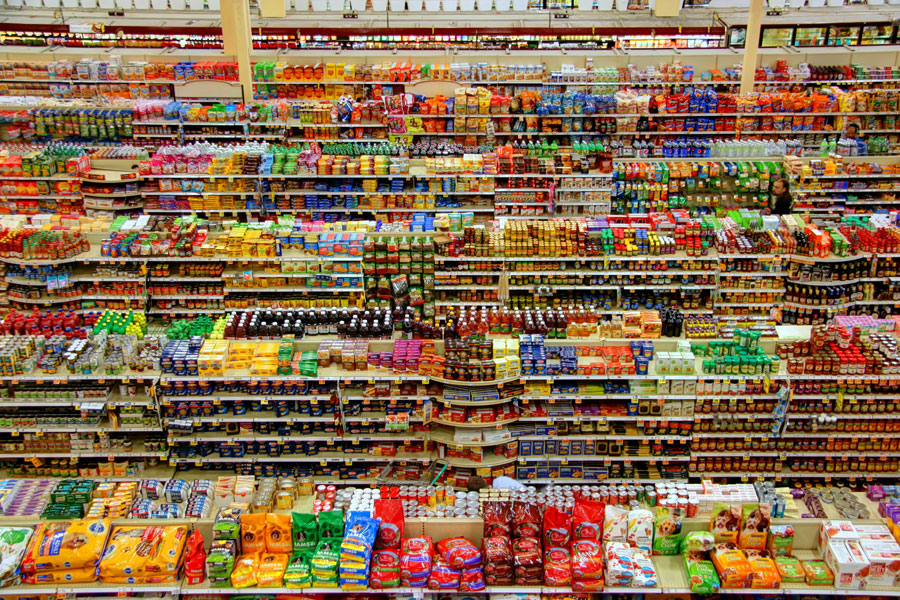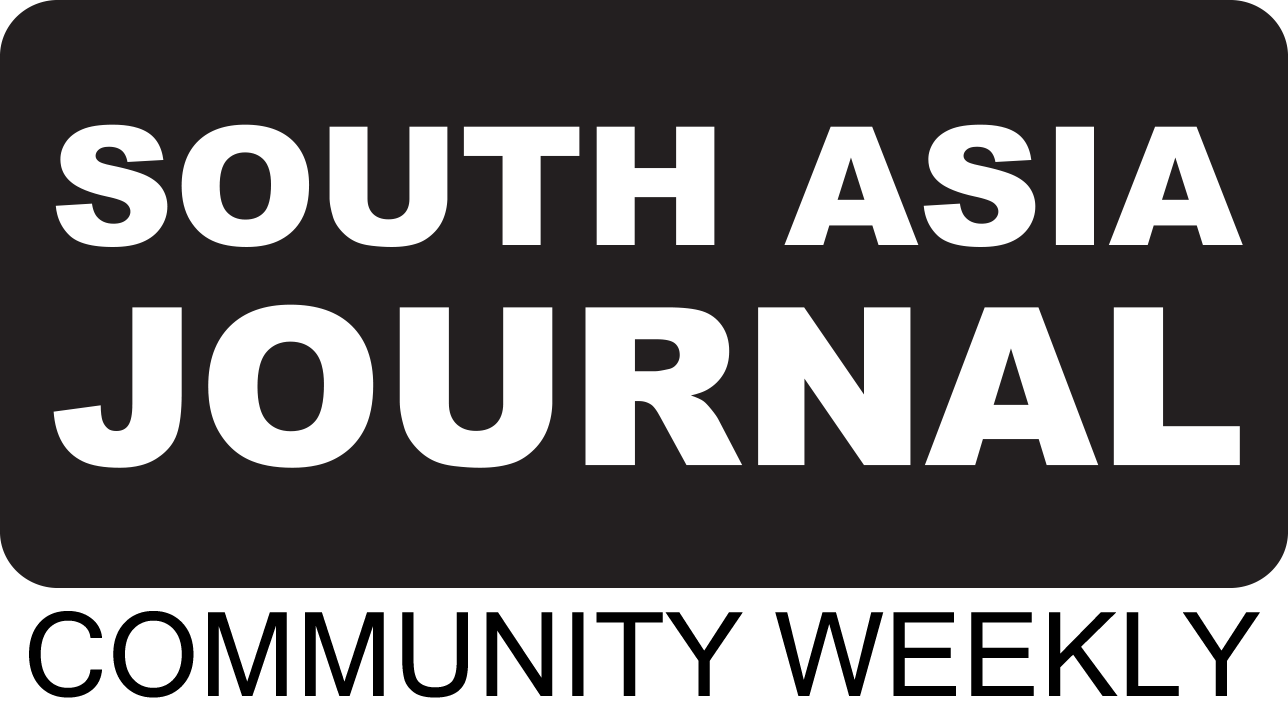Food Economics Professor Warns of Carbon Tax Impact on Supply Chain Competitiveness
Sathia Kumar

Sylvain Charlebois, a food economics professor at Dalhousie University, expresses concern over the potential impact of Canada’s rising federal carbon tax on the food industry and overall food security. The tax is scheduled to increase from $65 to $80 per tonne on April 1st.
Charlebois believes the tax increase could make Canadian food production less competitive compared to the United States. He points to a narrowing gap in wholesale food prices between the two countries since the carbon tax reached $50 per metric ton in 2022.
Statistics Canada data highlights a 21% increase in Canadian food prices since the start of the pandemic in March 2020. Specific examples include:
- Milk: 14% increase
- Butter: 35% increase
- Eggs: 26% increase
However, Charlebois notes that prices for some items have surprisingly declined or remained stable, such as almonds, pork, canned tuna, and chicken breasts.
The carbon tax is also projected to significantly affect the restaurant industry, with the professor forecasting a 46% increase in wholesale food prices for restaurants by 2025.




